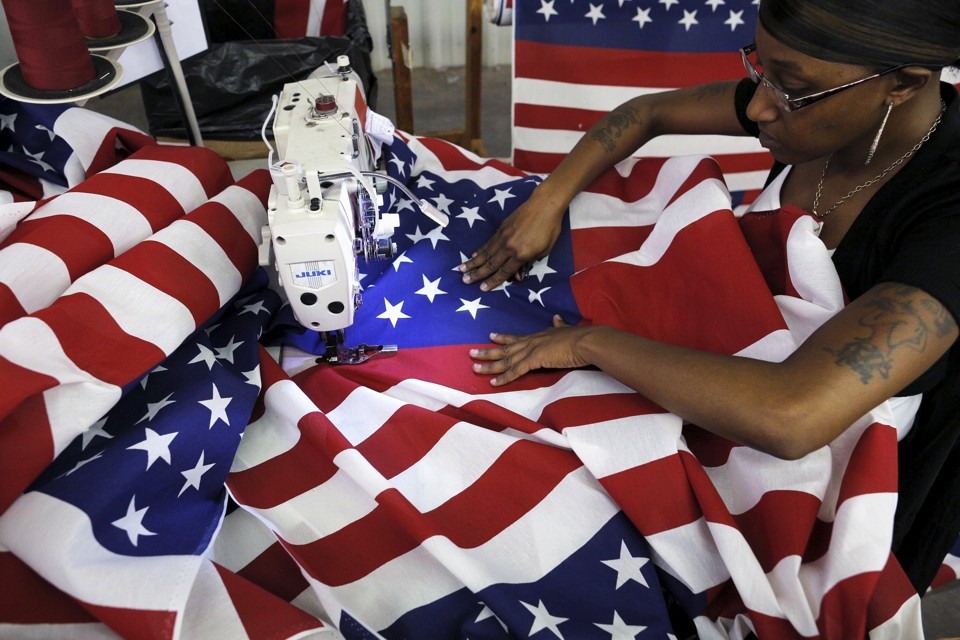Black Women in Business
Black Women: Supporting Their Families—With Few Resources
Despite increasing college attendance and labor-force participation, African American women still aren’t getting the economic security of their white peers.
The importance of women’s economic health in the black community is hard to overstate. That’s in part because black women tend to shoulder a lot of their households’ financial burden. More than 80 percent of black mothers are the breadwinners (defined as sole earner or bringing in at least 40 percent of total earnings) in their household. That’s compared with 50 percent of white mothers. And three-quarters of the black women who hold breadwinner status are doing so alone.
That heavy reliance on the work of black women helps explain why black women work more than women of other racial groups and are earning higher levels of education than they have historically. But despite their efforts to push for racial and gender equality throughout history, black women still get a raw deal economically, more than just about any other group, according to findings from the Institute for Women’s Policy Research and the National Domestic Workers Alliance.
Between 2004 and 2014, median annual earnings for black women who worked full-time, year-round, declined to $34,000, lower than for most groups of men or women in the country. Unsurprisingly, that means that black women experience poverty at a higher rate than any other group, save Native American women. And more than one-third of black women land in the bottom rung of earnings, the report found, while only about 12 percent are part of the highest-earning group.
Many black women, 28 percent, are employed in the service sector, which tends to provide lower wages and few benefits such as paid sick days or adequate health care. This means that, while many black women have jobs that involve caring for the children and family members of others, they often can’t afford the same services for their own families, the report shows. And though black women have increased their participation in the job market—their labor-force participation rate of 62.2 percent is higher than the 57 percent of white women…
Please read original article – Black Women: Supporting Their Families—With Few Resources






























